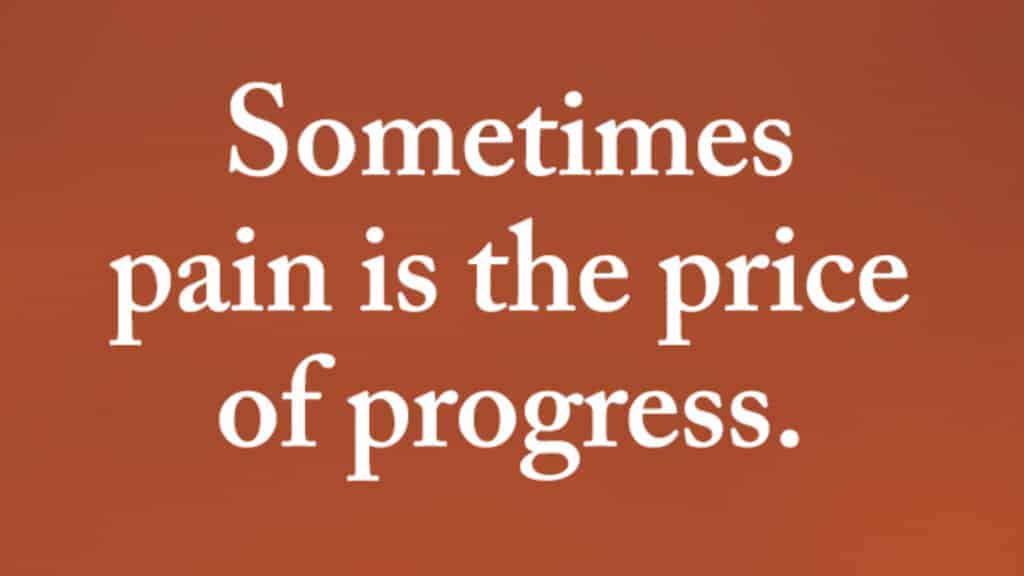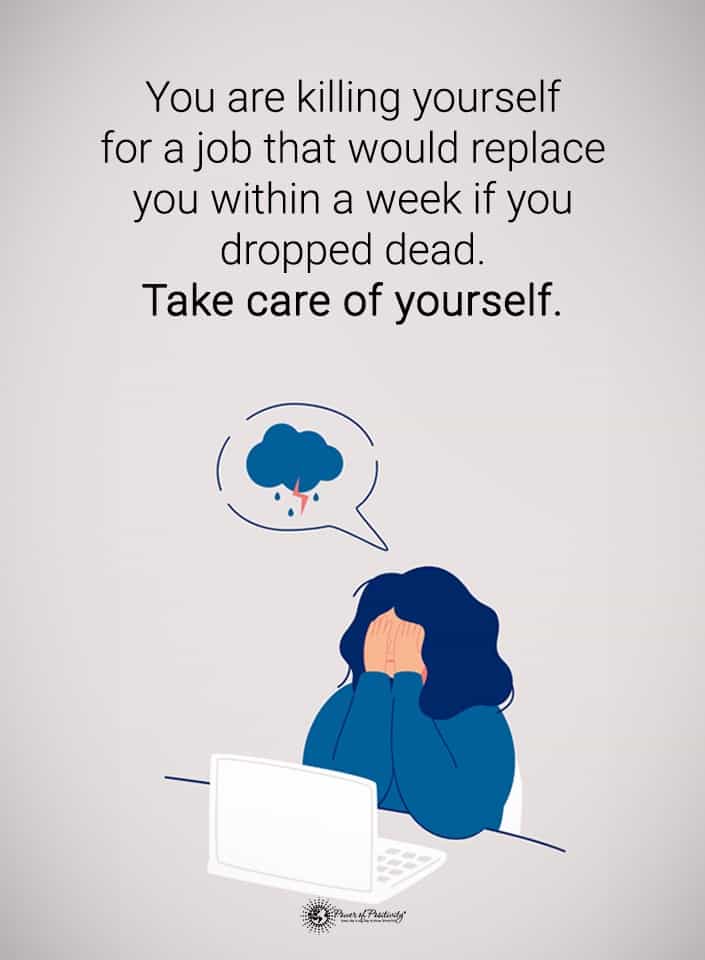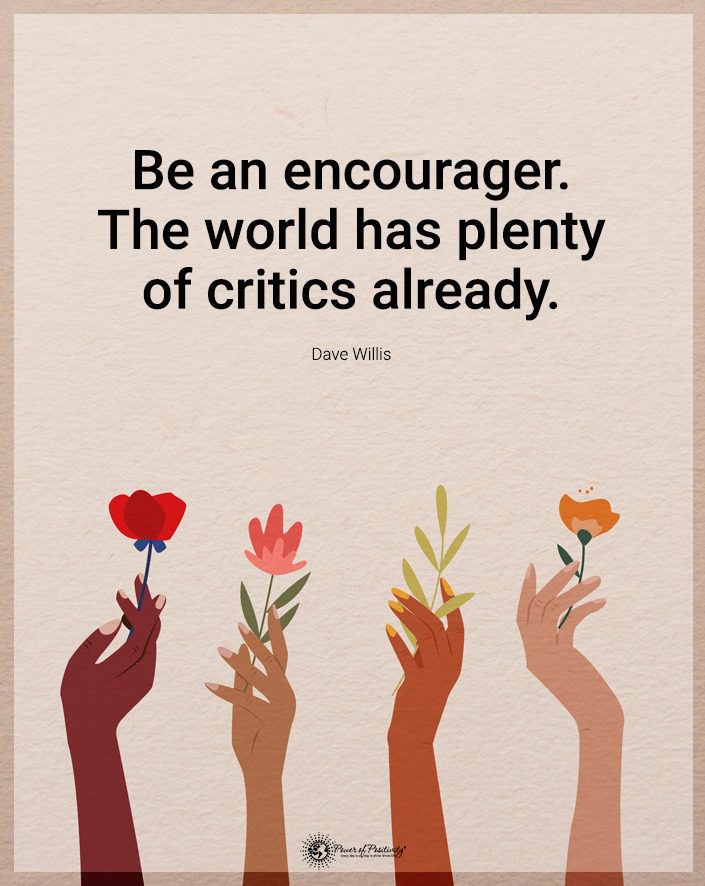The whole world is your oyster, but what happens when you don’t have anyone to share in these experiences? You don’t go out much and socially isolate yourself because you’re lonely. A lonely person might struggle, and the feeling of solitude is increasing in this country.
This widespread issue is turning into a chronic problem. While some folks, like introvert, thrive on solo time, others prefer to be in the company of the masses.
You can be alone but not lonely, and you can have a house full of folks and feel all alone. So, it’s about your feelings and perceptions of life. When you feel like there’s no one to talk to about your day and hold you when you’re sad, you may be one of the lonely people walking the tightrope of depression.
Fifteen Behaviors of a Lonely Person and the Need for Compassion
Sean Seepersad Ph.D., wrote an article in Psychology Today examining whether the pangs of solitude you feel are from depression or isolation. He concludes that the two conditions are highly associated, so it’s important to distinguish the two and get help.
Are you a lonely person? Here are some signs that might be eye-opening that you never realized about yourself.
1. A Lonely Person May Gain Weight Quickly
Not every person who gains weight is lonely, but your mood does directly affect your waistline. Part of the problem is that loneliness makes you more apt to sit in front of the television, snacking rather than leaving and living. The couch potato lifestyle can lead to rapid weight gain.It’s important to know that gaining too much weight can cause an increase in blood pressure and cholesterol and even raise anxiety levels. So, if you’re a lonely person seeking solace through food, you must find safer outlets. Food addiction can be just as problematic as alcohol or drugs.
2. You Feel Down in the Dumps
Whether you call it depression or loneliness doesn’t matter, you need social support daily. If you cut yourself off from the outside world, it can hurt your self-esteem and motivation. The longer you stay behind four walls, the more comfortable you find in isolation.
Pretty soon, that little voice inside your mind tells you that you can’t go out because people will talk about you or think you’re weird. Negative self-talk can be very convincing as soon you will believe it.
3. You Suffer From Social Media Addiction
Is it the only social interaction you get from social media or the internet? You always have your phone in hand and are ready to respond to any messages. Your life has become a digital reality; you may even fall in love and “date” virtually too.
Research cited on Study Finds uncovered that people who spend more than two hours daily on the internet are socially isolated. How much time are you tied to the world wide web each day?
4. A Lonely Person Might Feel Physical Pain With No Logical Explanation
You feel awful, and there’s no reason why you feel so bad. You’ve been to the doctor, and the tests are all clear, yet you still feel like someone run you over. Emotional pain can affect you physically and can feel as accurate as a significant illness.
5. You’re Forgetful
Who knew that being lonely could impact your memory but it can? When your loneliness arises from a mental health issue like depression, memory impairment is commonplace. Depression can inhibit your decision-making skills and make you forget important dates like anniversaries, birthdays, and paying the electric bill.
6. You’re Constantly Tired
You wake up in the morning and find it challenging to tear yourself out of bed. The only thing that keeps you going during the day is knowing that you will be able to soon crawl back into your comfortable bed and make the world away. Did you know that many lonely people use sleep as a coping mechanism?
The National Library of Medicine says that when people are lonely, they rest to pass the time. You don’t feel so lonely when resting, but getting too much sleep is just as bad as not getting enough.
7. A Lonely Person Is Often a Workaholic
Some lonely people bury themselves in their work to forget how lonely they feel. While you must work to live, being married to your job is not good. When you shut the rest of the world out so that you can work, it’s a sign you have things you want to ignore.
You’re at an increased risk of burnout if you keep up this pattern, as you need a good work-life balance.
8. You’re Friends With Other Lonely People
Take inventory of your friends; you might be surprised to find they’re lonely. Remember that birds of a feather flock together, so you find comfort in each other’s misery. Some experts believe that loneliness is as contagious as a cold, but you have the power to fight against it.
9. You Cancel Most Appointments and Plans
When someone asks you to do something or you make an appointment with the doctor, you have the best of intentions. However, when it comes down to going, you cancel. It’s a common problem faced by those who are lonely.
Pushing yourself to do things you don’t have to do becomes more challenging. While you need to work, you don’t have to go out with friends or family. You would rather sit home all day and chill, only enforcing the negative pattern you’re wrapped up in.
10. You Feel Anxious in Social Situations
Alas, you will find social situations uncomfortable once you’ve been isolated for a while. You avoid restaurants, movie theaters, and anywhere there’s a crowd, as isolating is effortless these days. You can pick up your groceries and have them loaded in your car, watch new movie releases online, and function with little interaction from others.
If you have anxiety underlying your loneliness, you could quickly develop agoraphobia. People with agoraphobia avoid social situations because they fear a panic attack or other odd sensations. These folks don’t leave their home, as facing the outside world is too painful.
11. You Have a Poor Diet of Carbs and Sugars
A lonely person doesn’t want to cook a big meal for themselves, so they grab fast food and eat processed junk. This contributes to weight gain and poor overall health. Plus, the gut-brain connection is something that’s become hard to deny.
The unhealthier your diet, the worse you feel. However, the cycle continues because you are not motivated to eat healthy or even grocery shop for nutritious foods.
12. Shopping and Overspending Is a Big Issue
One way that a lonely person pacifies their time is by shopping. You can click a button, buy a new car, and even deliver it to your door. It’s scary to think you can make a significant purchase without ever leaving your couch.
You may find that you hang out at the local mall, shopping away your troubles. Buying and collecting stuff makes you feel better and can quickly get out of hand. Many people trade one addiction for another, and there are support groups for shopaholics, as it’s a common problem.
13. A Lonely Person Could Show Signs of Aging Too Fast
It’s normal to have some fine lines and wrinkles as you age, but it can be from stress and loneliness when you age faster than average. A lonely person is often dehydrated, eating the wrong foods, and not nourishing their body cells, and all this shows in their face.
14. Your Immune System Is Weak
Did you know that loneliness and the stress it causes you can weaken your immunity? If you seem to pick up every bug coming and going, it could be because of your mental health is affecting you physically. Since getting viral sicknesses becomes effortless, you need more vitamin C, zinc, and other supplements to boost your immunity.
15. You Have Frequent Headaches
Headaches are a common issue, but having them constantly is not normal. Did you know that being a lonely person can cause you to have headaches every day? It’s all connected to your mental health and its physical effects on your body.
Your muscles tighten and become tense when you’re under stress, including emotional pressure. These tight muscles are specifically tender in the neck and back area, where most headaches originate.
Final Thoughts on Gaining a More Compassionate Understanding of a Lonely Person
The pain of feeling alone is something that many people face every day. It’s a problem that affects people of all ages, but it significantly impacts the older generation. Women are more likely to be lonely than men, and living alone is another factor.
According to the CDC, people aged 45 and older are at an increase of loneliness, but once you hit 65, the chances of being a lonely person more than doubles. Sadly, people with poor social relationships have an increased risk of developing severe health problems like heart attacks and strokes. Socializing is not just fun but a vital part of staying healthy.

















 Community
Community

